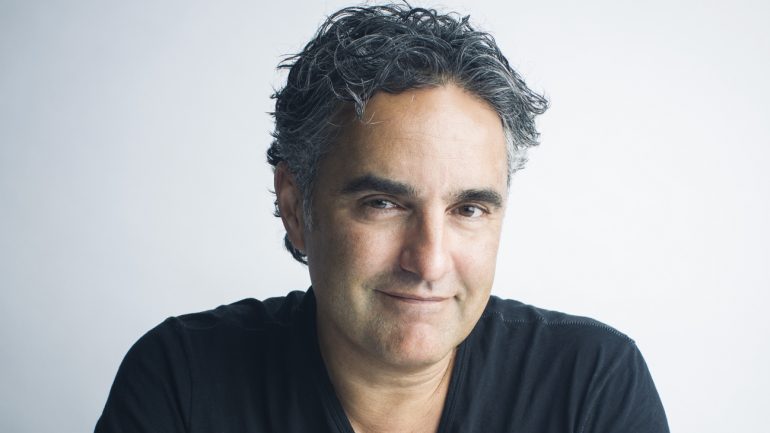As many Canadian entrepreneurs and investors are keen to point out, Canada’s startup ecosystem is moving beyond its early stages towards senior companies with senior-level talent. Part of this ecosystem building comes from startups growing beyond seed stage and Series A to find major exits. The other part is exited entrepreneurs starting funds to foster Canada’s next generation of tech giants.
“There’s a lot of early stage support but when companies start to prove something and they need a larger cheque, the capital dries up.”
Bruce Croxon, managing partner of Round 13 capital, is one of these entrepreneurs crossing the floor to provide much-needed growth capital for Canada’s burgeoning companies. After an initial close of $25 million in April from family offices, Round 13 Capital recently closed an additional $10 million from the Labourers’ International Union of North America for Round 13’s Founders Fund, a growth stage fund focused solely on IT companies. Croxon said that the Fund is looking to raise $75 million by next April.
“You can have the best idea in the world, but unless you have an organized system to make it real, it ain’t gonna happen,” Croxon said, describing how Round 13 takes an embedded approach to its investments. The firm actively helps with shifts and refinements in each investee’s corporate development strategy, sales and marketing processes, and finding the right talent.
As the founder of Lavalife — which he sold in 2004 for more than $150 million — Croxon knows what it’s like to be on both sides of the investor table. Round 13, which is focused on growth stage companies, also enlists the help of a Founder’s Board, a group of founders committed to helping Round 13 companies get perspective on their growth plan and access a wider network. Ritual founder Ray Reddy, LEAGUE founder Mike Serbinis, and Axonify CEO Carol Leaman are among those in the board.
“They all get approached by deals given the fact that they’ve been successful in the past, so we make it clear that rather than them saying no than they’re too busy to look into something, they can pass it to us. And I’ll be on the lookout for a deal,” Croxon said.
Croxon believes that the struggle to find later-stage funding dates back to the 1999 tech bubble, when Canadian institutions came late in the venture stage cycle and didn’t perform as well as expected. Memories are long and Canada is conservative as a country, he says, but today there are more strong entrepreneurs that can go through the motions than there is the capital to back them. This philosophy is behind the name of the the firm, Round 13, after the notorious Thrilla in Manila fight between Muhammad Ali and Joe Frazier, where both fighters could barely get up by Round 13. Croxon knows that the startups he supports will get beat up as they grow — everything at the early stage sounds like a fantastic idea — and hopes to fill the gap in the meantime.
“There’s a lot of early stage money. It isn’t difficult to get a 200,000 cheque out of Angel groups,” Croxon said. “There’s a lot of early stage support but when companies start to prove something and they need a larger cheque, the reality is that when some of the risk has gone out of the investment, the capital dries up. Just by virtue of going later, I think we’ve increased our odds of being successful.”
BetaKit is a production partner on Bruce Croxon’s show, The Disruptors


